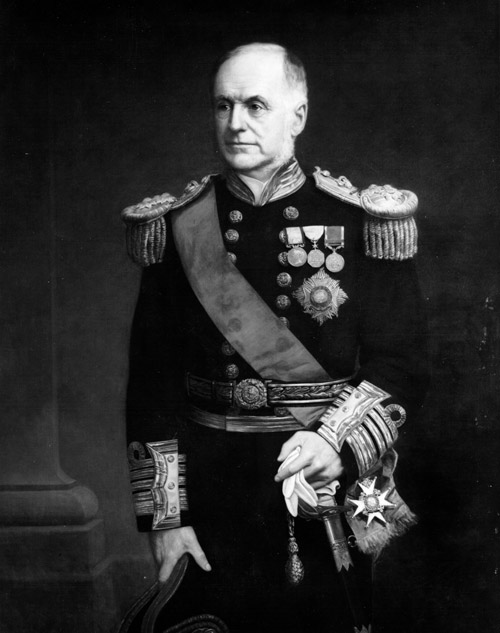

Domestically, racial unrest was costly to the private sector. Every world headline for George Wallace, and every citation of a fresh atrocity against blacks in the South destroyed the credibility of the US as a nation committed to democracy and human equality.

Racial segregation had become an international embarrassment for the Kennedy and Johnson Administrations. 1 The same can be said for the US black non-violent uprisings of the early 1960s as they related to the Jim Crow system of American caste and class oppression. Walter Rodney, the noted Guyanese historian and political theorist, once observed that the slave revolts in his native land ‘had taught the lesson that slavery as a form of control over labour was proving uneconomical and unstable’.


 0 kommentar(er)
0 kommentar(er)
